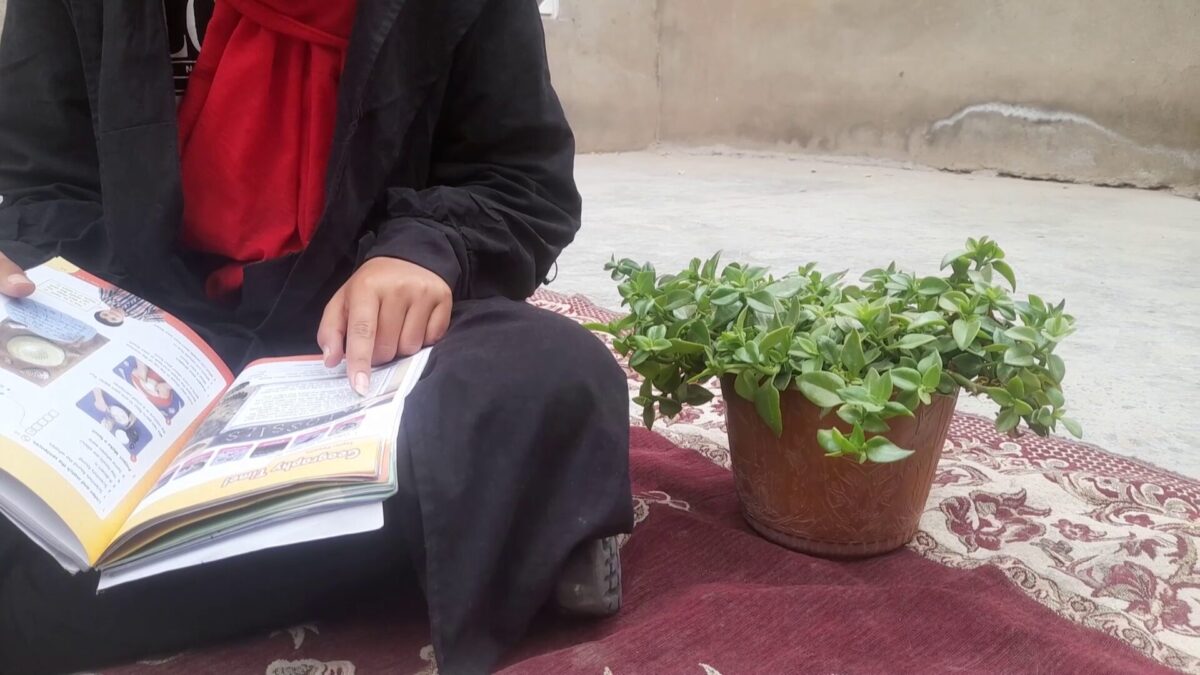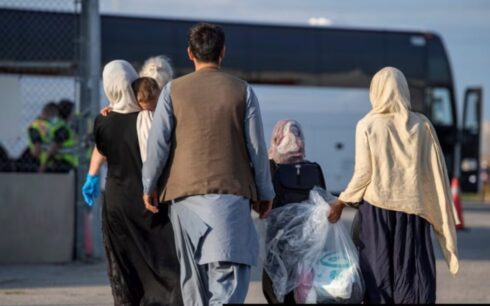KABUL, Afghanistan — Two years have passed since the Taliban banned women and girls from pursuing higher education, a prohibition that has come to symbolize the group’s systemic repression of women.
On December 20, 2022, the Taliban’s Ministry of Higher Education announced that women would be barred from attending public and private universities “until further notice,” citing a decision made by the group’s cabinet.
For many women, the day has since been known as a “black day,” marking the abrupt end of their educational ambitions. Despite the challenges, some still hold out hope that they will one day return to their studies.
Dreams on hold
Mahsa, a young woman who had aspired to become a lawyer, now spends her days confined to her home. “The Taliban want us to marry, have children, cook, and sew,” she said. “But they don’t realize that women make up half of society. Our demand is simple: let us pursue our dreams and education.”
Her words reflect the frustration and despair of thousands of young women whose lives have been upended by the ban. Many say the restrictions have left them feeling isolated and hopeless, as the right to education remains out of reach.
Global condemnation and calls for action
Heather Barr, deputy director of the Women’s Rights Division at Human Rights Watch, has called the continued closure of educational institutions to women a severe violation of human rights. She urged the international community to take more concrete actions to hold the Taliban accountable.
“It is time for the international community to treat this crisis with the seriousness it deserves,” Barr told Amu News. “Expressions of concern are not enough. We need to see Taliban leaders prosecuted in the International Criminal Court, and nations such as Australia, Canada, Germany, and the Netherlands must follow through on their promises to bring a case to the International Court of Justice for the Taliban’s violations of the Convention on the Elimination of All Forms of Discrimination Against Women.”
Barr also emphasized the importance of including Afghan women in diplomatic discussions, such as the upcoming Doha talks, and pressing for gender apartheid to be recognized as a crime under international law.
The emotional toll
For many young women, the ban has taken a significant psychological toll. Students like Savita, who once attended university with hopes of contributing to society, now find their dreams shattered.
“With so much hope, we went to study, aiming to become productive members of society,” Savita said. “But with the closure of universities, all of our goals and aspirations have been destroyed. The government has turned our lives into rubble.”
The ban has also left many women battling depression and other mental health challenges, compounding the already dire situation for Afghan women under Taliban rule.
The Taliban’s decision to bar women from universities has deprived thousands of young women of the chance to build better futures for themselves and their communities. Many students warn that if the situation persists, they may have no choice but to leave the country, a sentiment echoed by activists who continue to call on the international community to act decisively.
While the Taliban initially framed the ban as a temporary measure, there have been no signs of progress toward reopening schools and universities for women. For women in Afghanistan, the dream of education remains a distant hope, overshadowed by an uncertain future.





